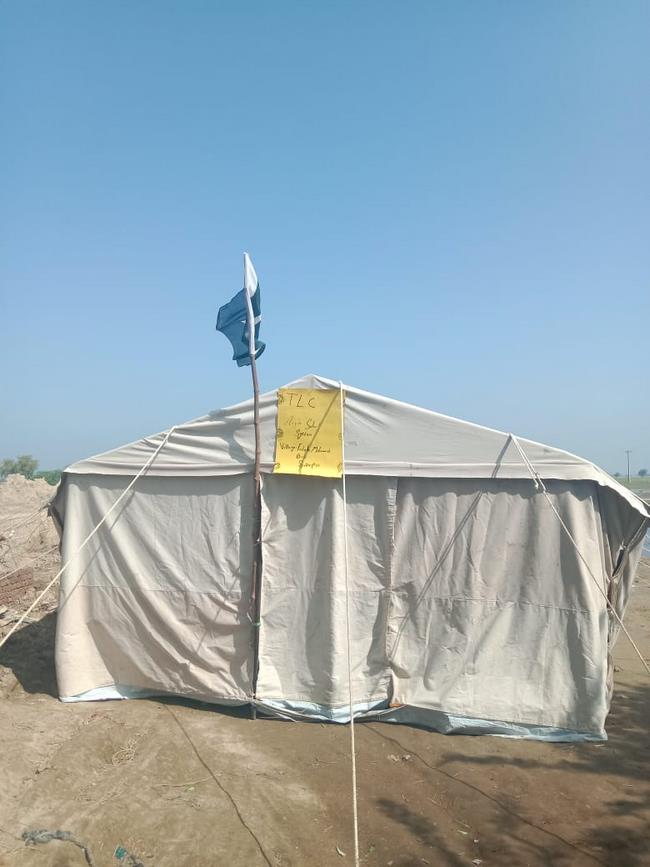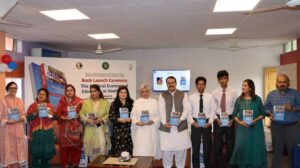Over the past few years, national transformations including a pandemic, several endemics, climate crises, the digital turn, political upheavals, and conflict have impacted the educational landscape in Pakistan in ways more drastic than one can imagine. Amidst all this, our teachers have not only been stalworth in their duties to educate the children of this country but exemplary in their efforts to do so. From learning and adapting to new technologies to educate during the COVID-19 pandemic to establishing makeshift schools in flood relief camps, educators in Pakistan have gone above and beyond their call of duty to address the nation’s education crisis.
Idara-e-Taleem-o-Aagahi (ITA) has been deeply invested in research and programs for teachers all over Pakistan. Our data has not only focused on unveiling demographics of the teaching population but also on the responsibilities and challenges faced by them. A recent policy brief compiled by ITA for the National Education Policy 2021 shows that teachers in public and private schools are not only tasked with classroom activities including lesson planning and assessments but a host of other administrative and social tasks well beyond their professional ambit owing to the acute shortage of personnel in the sector. It is estimated that the current shortage of public-school teachers in Punjab alone is 100,000+ and current teachers have to bear the burden of this gap.
Teachers are tasked with not only classroom management and learning but also administration, curriculum development, textbook reviews. Not only that they are often assigned to engage in election duties, census activities as well as education enrolment drives. Owing to these obligations, they are forced to remain absent from their classrooms. COVID-19 posed another challenge for our teachers amidst a cascade of domestic responsibilities, economic setbacks and above all a gargantuan health crisis. Our teachers displayed immense levels of flexibility, tenacity and self-sufficiency as they pivoted towards online and hybrid means of instruction. Fraught with obstacles and lack of resources and prior training, data narrates an inspiring tale of resilience. 87% teachers reported that they used WhatsApp and Telegram during lockdowns to cover learning gaps and losses faced by children during the pandemic. This organic, localized solution is a testament to the ingenuity and dedication Pakistani teachers represent in times of adversity.
This time again, with the floods causing damage to more than 2000 schools across Punjab and many more all over Pakistan, teachers have stepped up to ensure that the development and wellbeing of children is prioritized during emergencies. In Temporary Learning Centers (TLCs) set up by the government, the ITA team has seen teachers brightening up students’ days with play and learning, animating them through activity-based learning and alleviating them through building a supportive community in an otherwise harsh environment.
Time and again, our research, field visits, and data shows how important it is to not only appreciate the heroic efforts of our educators but also provide them with avenues for continuous improvement and learning. According to an ITA survey for the aforementioned policy brief, 75% of teachers said they should be provided with adequate life skills and emergency preparedness training to help serve their students better. If provided with structural support and policy reform, there is no stopping this cadre of motivated assets in education to ensure that every child in Pakistan learns better and builds better for future generations.





